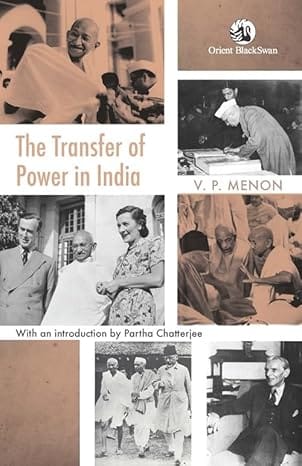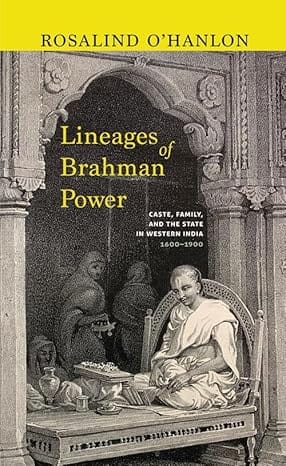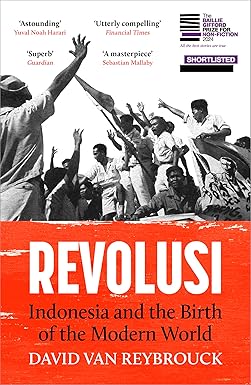WELCOME TO MIDLAND BOOK SHOP!
SHOP FOR
- Non-ficton
- Non-ficton
- Contemporary Fiction
- Contemporary Fiction
- Children
- Children
- Comics & Graphic Novels
- Comics & Graphic Novels
- Non-Fiction
- Non-Fiction
- Fiction
- Fiction
Shop No.20, Aurobindo Palace Market, Hauz Khas, Near Church +91 9818282497 | 011 26867121 110016 New Delhi IN
Midland The Book Shop ™
Shop No.20, Aurobindo Palace Market, Hauz Khas, Near Church +91 9818282497 | 011 26867121 New Delhi, IN
+919871604786 https://www.midlandbookshop.com/s/607fe93d7eafcac1f2c73ea4/677cda367903fd013d69b606/without-tag-line-480x480.png" [email protected]9789354426483 6897348062652c08a8ce00fc Islands Against Civilisation Anthropology, Nationalism, And The Politics Of Scheduling, 1918-1950 https://www.midlandbookshop.com/s/607fe93d7eafcac1f2c73ea4/6897348162652c08a8ce0104/515u7cmmmpl-_sy466_.jpg 9789354426483
In British India, ‘scheduling’ meant the act of placing certain areas under ‘special administrative regimes’, where the usual laws and regulations did not apply. After independence, similar provisions were included in the Constitution of India, in the form of the Fifth and Sixth Schedules, for predominantly tribal areas. This book provides a history of the late-colonial discussions around the future of tribal communities in South Asia. In this debate were first, the British anthropologists and administrators, who believed that the introduction of modern electoral democracy would harm the tribal people. They wished to ‘exclude’ or ‘partially exclude’ all tribal majority areas from the powers of elected assemblies. Against them stood the Indian nationalists, who were opposed to such a policy of territorial separation, seeing it as another instrument of the British policy of divide and rule. Through the story of this history of scheduling, the author brings to life the intellectual debates, political mobilisation, and cultural assertiveness that lay behind the creation of the category of ‘Scheduled Tribes’. Showing the connections between colonial and independent India that remain alive even today, this book offers an understanding of the forces and frameworks that continue to shape the tribal situation in current times.
in stockINR 1140
1 1
Email ID already exists!
Your Current password is incorrect
Password Updated Successfully
Thanks for your Feedback
- Home
- History
- Islands Against Civilisation Anthropology, Nationalism, And The Politics Of Scheduling, 1918-1950
Islands Against Civilisation Anthropology, Nationalism, And The Politics Of Scheduling, 1918-1950
ISBN: 9789354426483
₹1,140
₹1,425 (20% OFF)SIZE GUIDE
Sold By: Hauz Khas - Aurobindo Market
Details
- ISBN: 9789354426483
- Author: Saagar Tewari
- Publisher: Orient Black Swan
- Pages: 520
- Format: Paperback
Book Description
In British India, ‘scheduling’ meant the act of placing certain areas under ‘special administrative regimes’, where the usual laws and regulations did not apply. After independence, similar provisions were included in the Constitution of India, in the form of the Fifth and Sixth Schedules, for predominantly tribal areas. This book provides a history of the late-colonial discussions around the future of tribal communities in South Asia. In this debate were first, the British anthropologists and administrators, who believed that the introduction of modern electoral democracy would harm the tribal people. They wished to ‘exclude’ or ‘partially exclude’ all tribal majority areas from the powers of elected assemblies. Against them stood the Indian nationalists, who were opposed to such a policy of territorial separation, seeing it as another instrument of the British policy of divide and rule. Through the story of this history of scheduling, the author brings to life the intellectual debates, political mobilisation, and cultural assertiveness that lay behind the creation of the category of ‘Scheduled Tribes’. Showing the connections between colonial and independent India that remain alive even today, this book offers an understanding of the forces and frameworks that continue to shape the tribal situation in current times.
User reviews
NEWSLETTER
Subscribe to get Email Updates!
Thanks for subscribing.
Your response has been recorded.

India's Iconic & Independent Book Store offering a vast selection of books across a variety of genres Since 1978.
"We Believe In The Power of Books" Our mission is to make books accessible to everyone, and to cultivate a culture of reading and learning. We strive to provide a wide range of books, from classic literature, sci-fi and fantasy, to graphic novels, biographies and self-help books, so that everyone can find something to read.
Whether you’re looking for your next great read, a gift for someone special, or just browsing, Midland is here to make your book-buying experience easy and enjoyable.
We are shipping pan India and across the world.
For Bulk Order / Corporate Gifting
 +91 9818282497 |
+91 9818282497 |  [email protected]
[email protected]
Click To Know More
INFORMATION
QUICK LINKS
ADDRESS
Midland Book Shop - Hauz Khas
Shop No.20, Aurobindo Palace Market, Near Church, New Delhi
Shop No.20, Aurobindo Palace Market, Near Church, New Delhi













